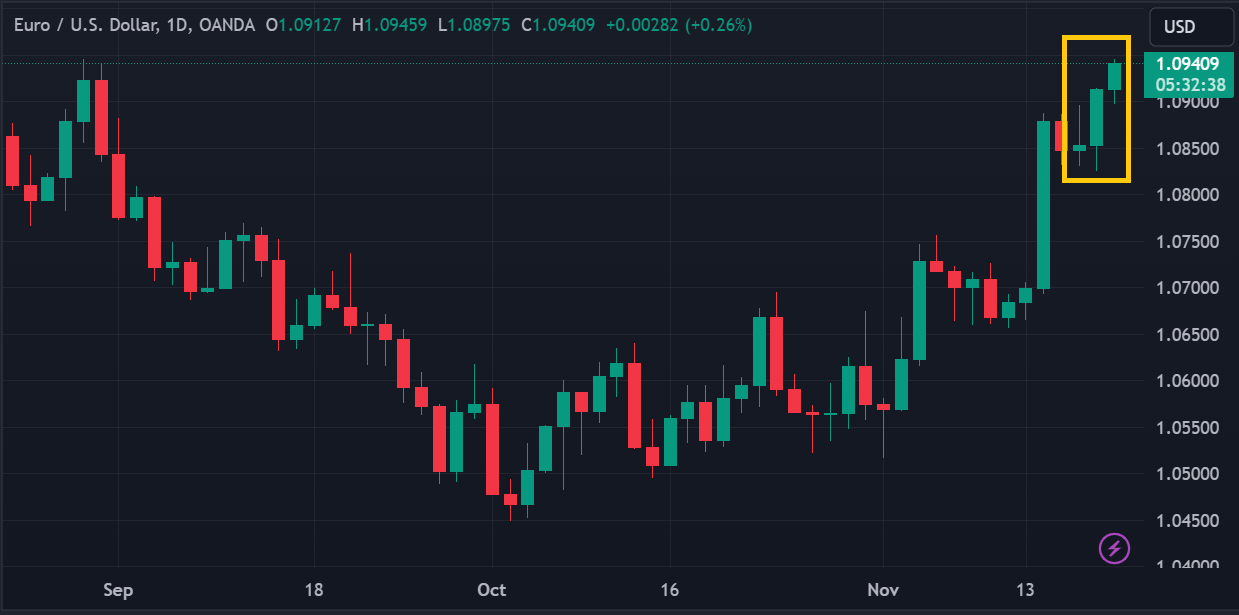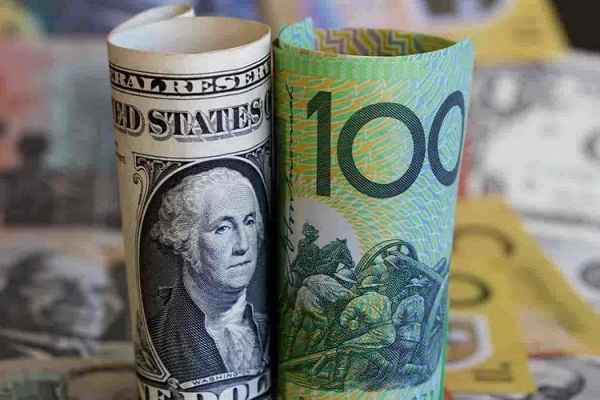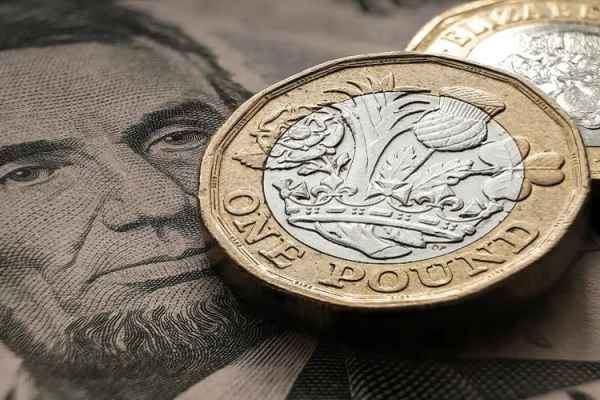Moodys upgraded the debt ratings of Italy and Portugal, which is positive for EURUSD in the short term.
The euro is currently perched at its highest level since late August at around 1.0930s against the US dollar. EUR/USD was lifted by upgrading the debt ratings of several countries in the region. However, various Eurozone economic data is still lackluster and some experts argue that the position is overbought.

The depreciation of the US dollar expanded due to the release of poor US economic data over the past week. Market disappointment focused on US inflation data which resulted in a resurgence of Fed interest rate cut speculation. On the other hand, the euro gained a glimmer of a positive catalyst.
Moody's raised Italy's Baa3-rated credit outlook from "negative" to "stable". In addition, the world-renowned rating agency boosted Portugal's credit rating by two notches from Baa2 to A3.
Dane Cekov, FX strategist at Nordea, thinks Moody's actions should be positive for the euro. Upgrading Italy and Portugal's debt ratings will reduce some risks of investing in euro-denominated securities.
However, Cekov adds that there is a possibility that the dollar's weakness will only last for a very short period, "From a technical perspective, the dollar now looks oversold against the euro. Usually you'll see some sort of consolidation."
Fawad Razaqzada, analyst at City Index, also thinks that EUR/USD is experiencing a bullish consolidation. He said, "EUR/USD is not showing any desire to move much in any direction. The buying momentum has faded and it may need a new macro stimulus to push it higher again."
UBS analysts take a more bearish view of EUR/USD. They think the rally is overblown and out of balance with its fundamental backdrop, thus recommending a sell for EUR/USD.
"We like to sell the upside in EURUSD at 1.10 over the next one month," says Dominic Schnider, an analyst at UBS. "The move up in EURUSD has been outsized, in our view, from an inflation surprise and relative rate perspective."

 Dedicated FREE FOREX VPS
Dedicated FREE FOREX VPS Free FOREX Virtual Private Server
Free FOREX Virtual Private Server MT4 Demo Contest, Get $500
MT4 Demo Contest, Get $500 Sign Up for an Account, Claim 60% Deposit Bonus
Sign Up for an Account, Claim 60% Deposit Bonus Free MT4/MT5 VPS 2024
Free MT4/MT5 VPS 2024 Send E-mail and Get Free Merchandise
Send E-mail and Get Free Merchandise $1K Refer a Friend Bonus for Pepperstone Pro clients
$1K Refer a Friend Bonus for Pepperstone Pro clients Maximize Your Earnings with 100% Deposit bonus
Maximize Your Earnings with 100% Deposit bonus Trade to Win, $5,000 Monthly Demo Contest
Trade to Win, $5,000 Monthly Demo Contest Claim 30% + 15% Deposit Bonus from LiteFinance
Claim 30% + 15% Deposit Bonus from LiteFinance






